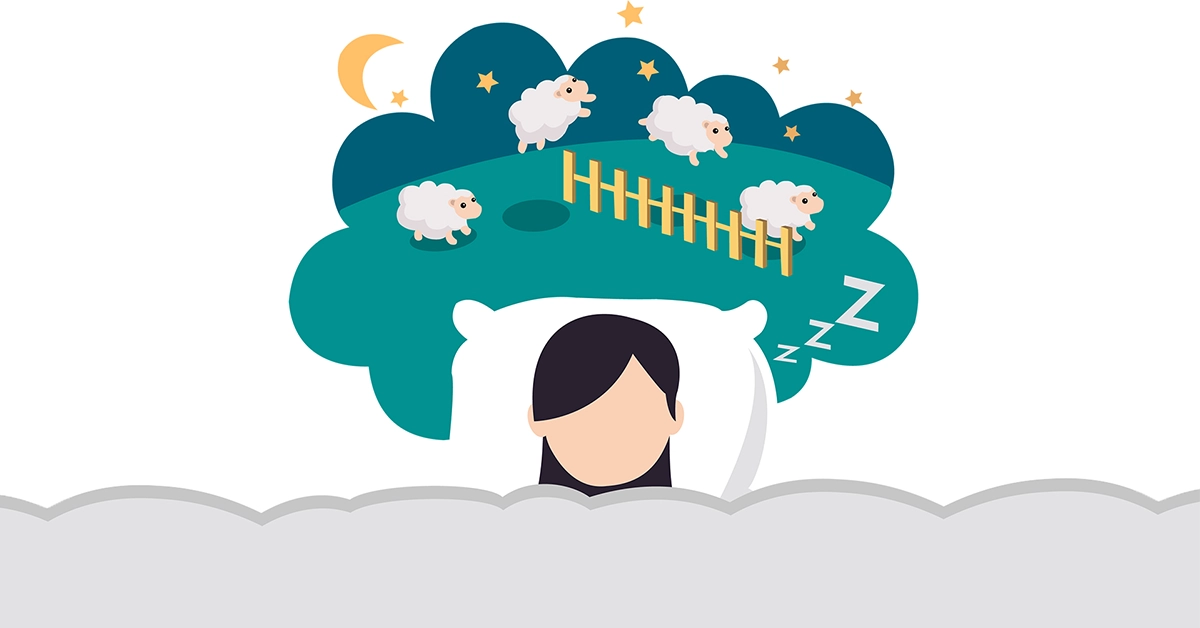October is here and the Fall semester is in full swing. We’re all feeling pretty comfortable about where we sit in the semester — finals are months away, you’ve figured out your schedule, and the stress of midterms has yet to sink in. Easing into the semester can bring a slippery slope of feeling comfortable enough to miss those terrible morning classes. Do not allow the seductive siren call of slumber to sway you, it will only bring you future pain. Come late November when you know nothing of your class material, your professors will not be sympathetic if they haven’t seen you in six weeks. With that in mind, I would like to offer some support for waking up on time — and not succumbing to the snooze button.
There are no set rules to avoid sleeping in, but the generally accepted suggestion is going to bed early, and waking up early. It sounds terrible because it is terrible. However, these are also the ways in which we can ease our suffering in the long run. The following are some tips and tricks for helping you get to sleep at a reasonable hour (the fun part) and wake up on time (the hard part).
Go to sleep.
1. Avoid caffeine late in the afternoon. Caffeine stays in the human body for an average of four to six hours, so having a cup of coffee at 5 p.m. means you won’t even start to wind down until 10 or 11 p.m.
2. Turn off your screens. Blue light, and light in general, agitates the mind and keeps you awake. Turning your phone and computer off at least an hour before you plan to go to bed helps you fall asleep faster. It also gives you a chance to disconnect and consciously start the process of being ready for bed.
3. Avoid eating late at night. This is just a healthy choice, but it also keeps you from staying awake. Food gives us energy, and a sudden burst of carbs or sugar can keep you laying awake when you’ve eaten too late.
4. Try relaxation methods. It is very important to bring a sense of serenity before going to bed, if you’re anxious or tense five minutes before heading to bed, you’re not going to fall asleep easily — or you’re going to have a terrible, fitful sleep. Meditation, stretching, peaceful music, and sleep-inducing tea are just a few things that can help calm you down.
Wake up.
1. Don’t change your sleep schedule too much. I know. This is the advice everyone gives you, and it’s the worst and no one listens, but it’s also really helpful. The brain follows circadian rhythms, and breaking the pattern disrupts melatonin creation and causes you to feel tired or awake at the wrong times. I’m not saying don’t stay up late or sleep in at all on the weekends, but try to even out the differences. If you have to wake up at 7 a.m. for class during the week, try not to sleep later than 8:30 or 9 a.m. on the weekends. This will help you wake up more naturally during the week.
2. Get up when you wake up. Ever woken up completely alert and ready for the day half an hour before your alarm? Me too, and I took that as a sign that I can go back to sleep. It was the wrong move. When your body naturally wakes up on time, you should respond to this by getting the day started — even if it’s earlier than you have to.
3. Make yourself work to turn off the alarm. Most of us use our phones as alarms. This can be dangerous when all it takes to turn off the alarm is a quick swipe of the thumb. Most people can do this with their eyes closed, some can do so while still asleep. Putting your phone out of reach (on a shelf, the floor across the room, outside your door for the hard-core sleepers) forces you to get out of bed to turn your alarm off, waking you up and getting you started for the day.
Graphic by Milo Knauer





0 Comments